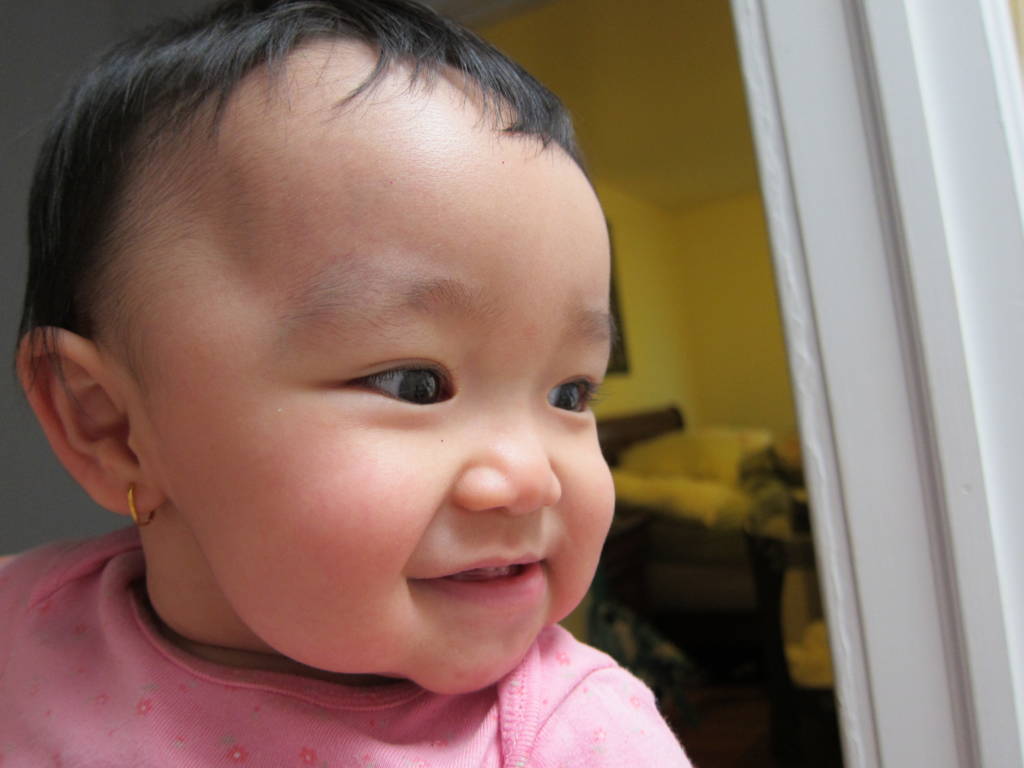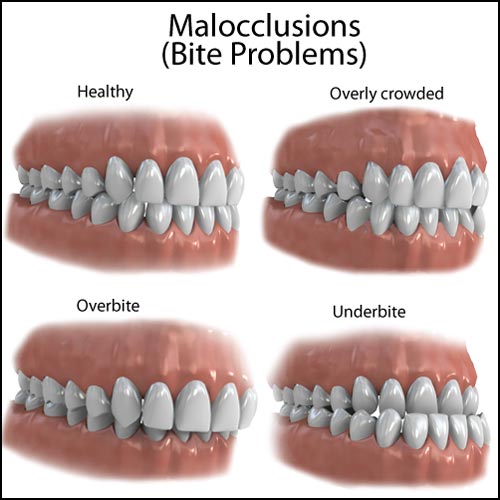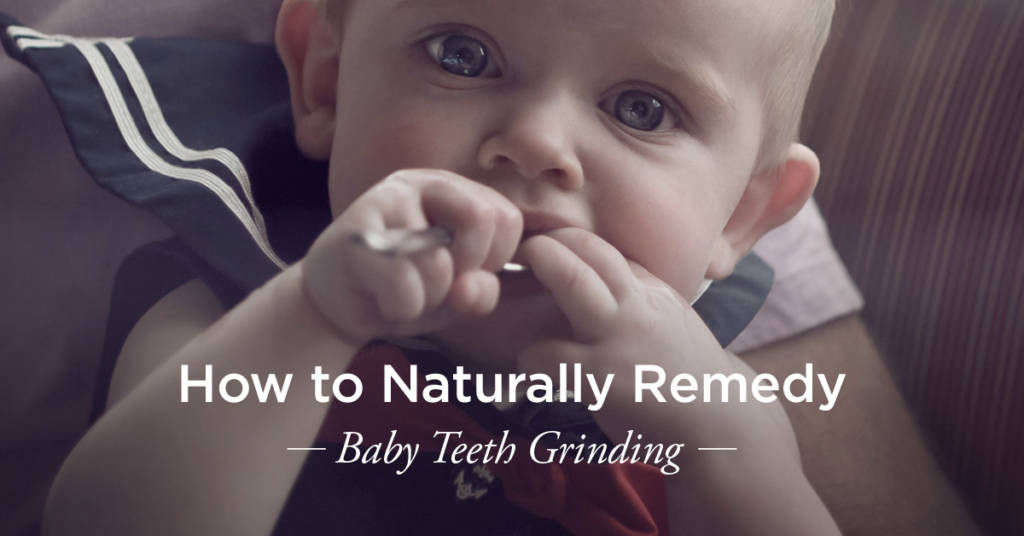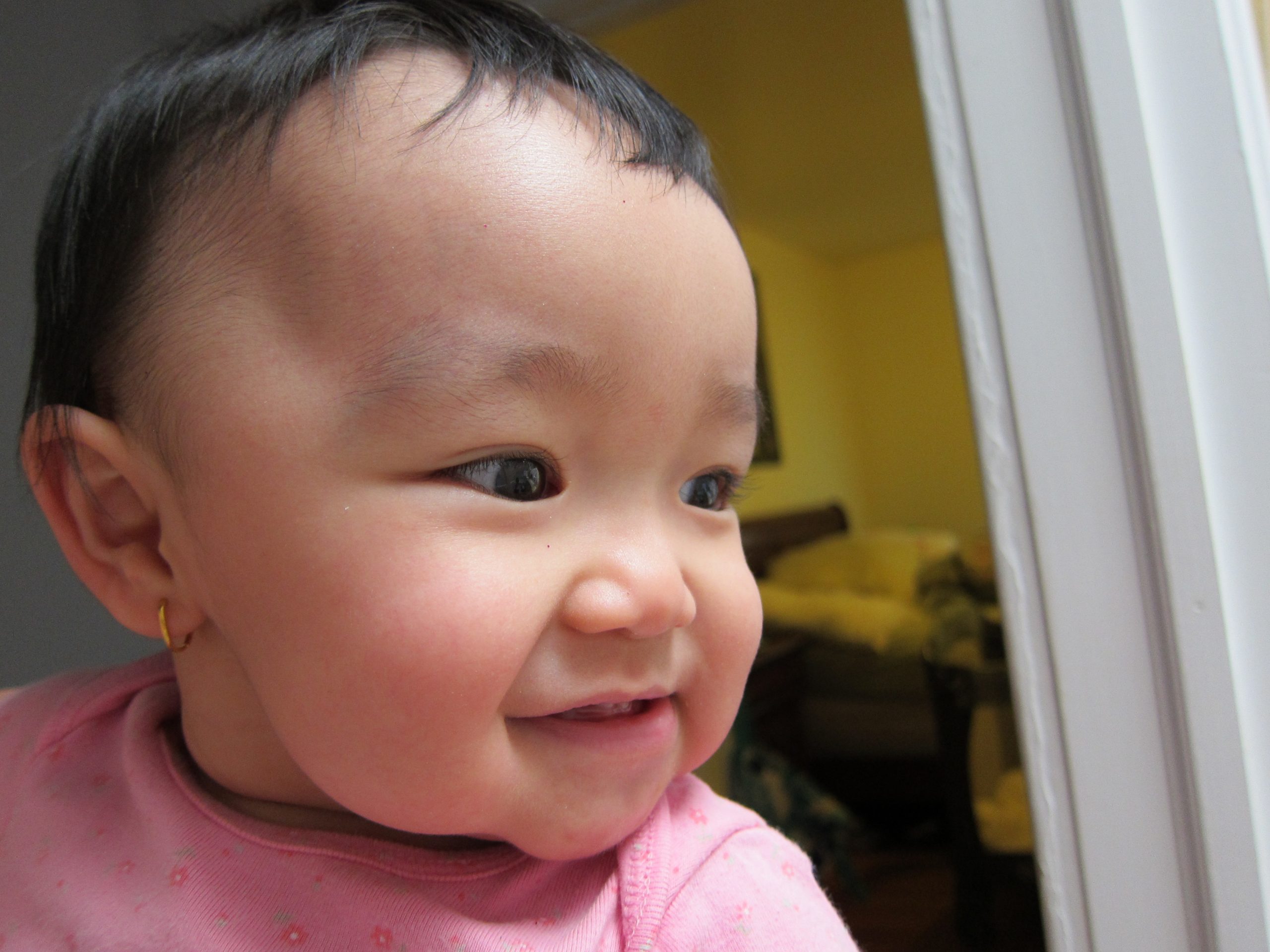Parents often wonder why their adorable ones grind their teeth especially when they are awake. If you have a toddler at home, you will know that toddlers are experts when it comes to those ear-splitting noises that don’t sound adorable in any way. If you are here looking for a solution, then it means that the screeching, gritting sounds have gotten to you and you want to do something about it.

Most mothers experience the same thing, so your problem is not unique, there is absolutely no need to panic that something is wrong with your child. Teeth grinding by toddlers is also called “bruxism”, a common habit among children mostly under the age of 11. It is prevalent in child’s developmental stage, most children pass through this phase, in fact, it is considered a normal behavior by dentists and doctors. In some rare occasion, teeth grinding can lead to severe tooth pain, wear or trouble sleeping which may rise to level of a significant problem.
What You Should Know About Your Child Teeth Grinding
Medical experts and researchers don’t know for sure what causes bruxism. However, they believe that the grinding of teeth by toddlers may be connected with tension or anxiety from teething and malocclusion which is term that is used to describe teeth that don’t line up just right. Some experts think that breathing problems from a stuffy nose or allergies may play a major role in causing teeth grinding.
According to Dr. Jeffrey Janoff, a pediatric dentist in Venice, FL, “Having teeth is a new sensation” babies can explore what they feel and sound like by grinding their teeth, it could also be a learning process for them. It also helps them to relieve pain in the gum by rubbing those sharp edges together. There is no need to panic, about a third of kids grind their teeth at some point. It is usually common when their front choppers starts to cut through around 8 to 12 months.
According to The Journal of Dentistry for Children, more than 38 percent of children grind their teeth, the habit which usually starts at the average age of 3 years. Most teeth grinding happens at night. The estimated average age of stopping this habit is 7; although, people of all ages, including adults grind their teeth.
Causes of Toddler Teeth Grinding and Clenching
Like we mentioned above, there is no single agreed cause of bruxism. There are some suggestions that have been made by experts as likely cause of teeth grinding in children, which includes;
- As a result of snoring or breathing through the mouth by children.
- Pain from teething
- Malocclusion which is the improper alignment of the top and bottom teeth
- It could also be as result of medical issues such as dehydration, nutritional deficiencies, allergies and even pin worms

Is Bruxism Bad For My Child?
Teeth grinding isn’t considered a serious problem. In most cases, children are not doing any damage to their teeth by grinding, and hopefully, they will soon outgrow the habit.
If you are concerned about your child’s grinding of his teeth, make sure you mention it to your dentist when next you have an appointment. The dentist will likely check your child’s teeth for any wear and tear or any resulting problems such as pulp exposure, fractures or cavities. If the problem is serious, the dentist may prescribe a custom-fitted mouth guard your child can wear at night.
Remedies: How Can I Treat My Child’s Teeth Grinding Problem?
Bruxism has no cure; you’ll probably have to wait for your baby to grow out of the habit. If the disconcerting sound is disturbing you so much, you can work on a soothing bedtime routine such as a little back rub, a leisurely soak in the tub, soothing music, or just extra cuddling in the rocking chair.

Ear infection is connected with teeth grinding, ask the doctor to treat your child with proper dose of acetaminophen. Treat him with ibuprofen if he is 6 months or older.
If Malocclusion is the cause of your child’s teeth grinding, a qualified dentist can help you to polish them to fit together better. For older kids who grinds their teeth, you can use a custom-fitted night guard to stop the grinding, this is usually done when your child has at least some permanent teeth, mostly around the age of 5 or thereabout.
Read about constipation in toddlers; another problem many parents are faced with also….and how to help your child develop dental hygiene from an early age
